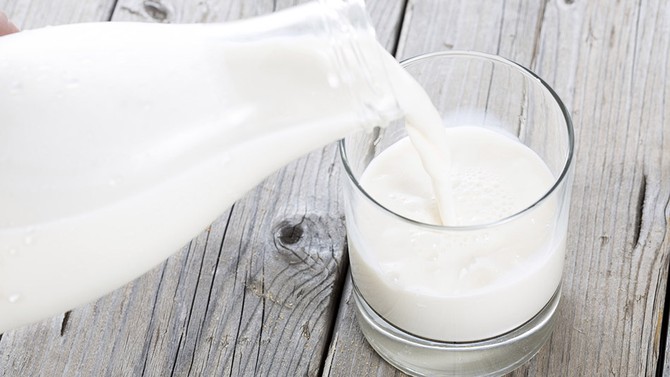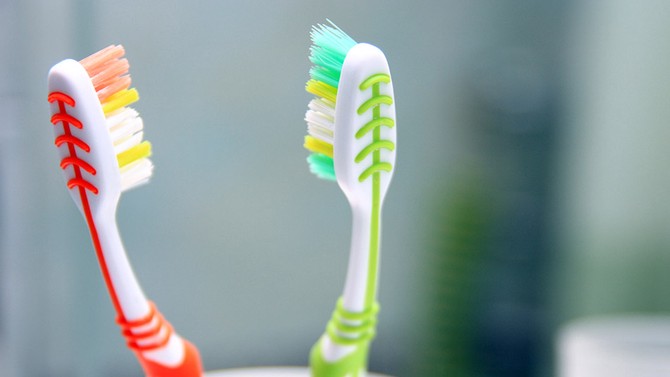5 "Healthy" Habits That Might Actually Be Hurting Us
Some healthy habits are best in moderation.
By Dr. Mehmet Oz, MD

Photo: Greg Kessler
Too much of a good thing?
When people ask me what they can do to improve their health, I always tell them to drink more water, because so few of us ever get enough. Recently, though, I met a young woman who took the advice too much to heart by downing no fewer than 25 glasses a day. In addition to feeling constantly bloated—even nauseated at times—she couldn't make it through a night without waking every few hours to use the bathroom. And while she didn't experience the dire result of too much water (a condition called hyponatremia, in which the body's blood sodium level drops dangerously low), her story does highlight that seemingly harmless practices can have unwanted consequences if you go overboard.

Photo: Creatas Images/Thinkstock
Sleeping
An occasional super-snoozefest is normal, but if you're clocking way more than the recommended seven to eight hours regularly, be careful. A new study in the journal Diabetes Care revealed that for every hour beyond seven that subjects slept, their risk of type 2 diabetes increased by 14 percent. Longer sleep is associated with elevated levels of inflammatory markers that have been linked to increased diabetes risk.

Photo: fotoedu/Thinkstock
Drinking Milk
If milk is your go-to bone-boosting drink, listen up. A 2014 Swedish study of more than 60,000 women found that those who drank 21 ounces or more daily had a 60 percent higher risk of hip fracture. One potential culprit is D-galactose, a type of sugar found in milk that lab studies have shown to weaken bones.

Photo: Devon Jarvis
Using Olive Oil
Healthy fats are all the rage these days—consuming them in place of saturated fat may help prevent heart disease and lower cholesterol levels. But that doesn't mean the calories don't count. With 120 in just one tablespoon of olive oil, you shouldn't get too heavy-handed with your pour. Limit yourself to two tablespoons a day.

Photo: lzf/Thinkstock
Running
I'm all for cardio, but a review in Mayo Clinic Proceedings suggests that too much may be harmful. Researchers who looked at studies of marathon runners and other endurance athletes found that long, intensive workouts can sometimes cause structural changes in the heart, increasing the risk for conditions like arrhythmia. That's not to say you should put away your sneakers, but don't beat yourself up if you're not logging mega miles; just 75 minutes of running (or 150 minutes of brisk walking) per week is a fine benchmark to strive for, according to the CDC.

Photo: Alexey Bykov/Thinkstock
Brushing Your Teeth
Brushing too often (or too hard) can cause excessive wear and tear on your pearly whites. Surprisingly, your toothbrush's rough bristles aren't only to blame—your toothpaste can also be a culprit. Most brands contain abrasive compounds, such as calcium carbonate and hydrated silicas, to remove plaque, food debris, and surface stains. But when toothpaste is used too much, the compounds may strip away enamel, especially if you've just eaten something acidic. Brushing twice a day is good enough—and don't forget to floss!
Mehmet Oz, MD, is the host of The Dr. Oz Show
From the September 2015 issue of O, The Oprah Magazine

